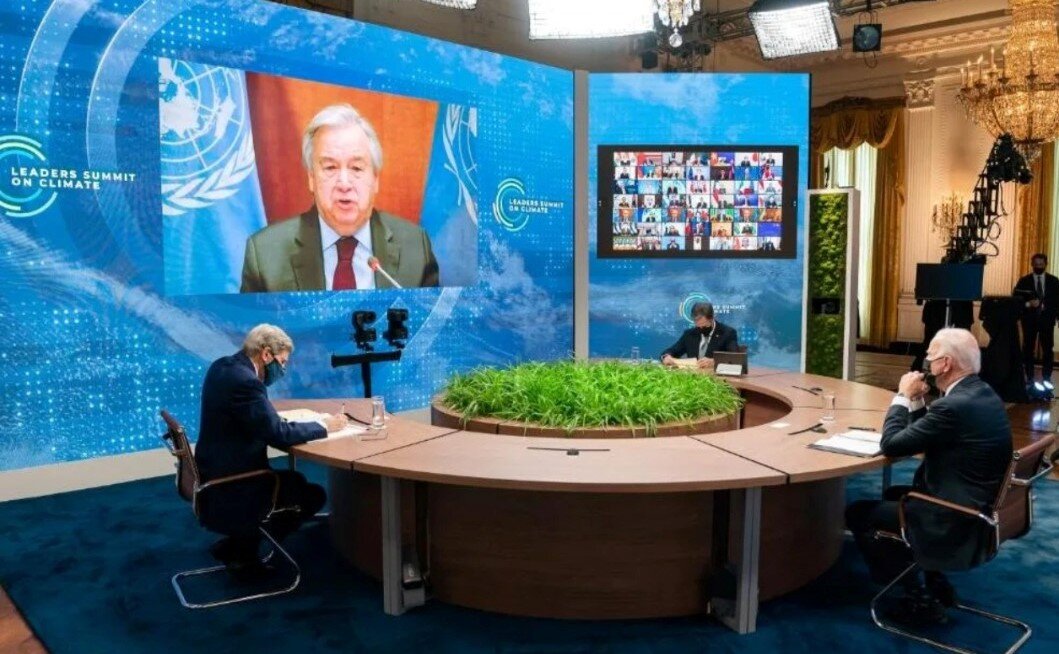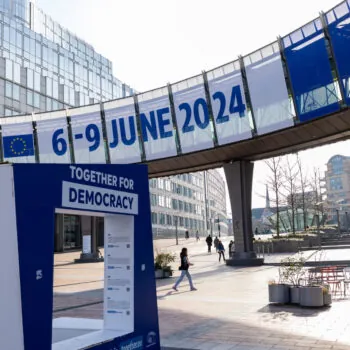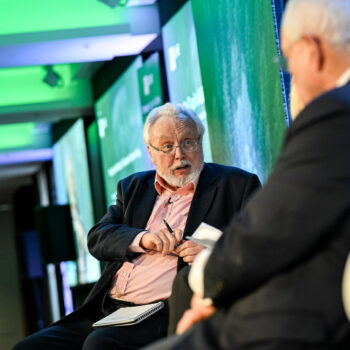These keynote remarks were made by Nick Mabey, CEO E3G to Westminster Foundation for Democracy – Conference on Environmental Democracy 29th March 2022.
Watch the speech below
Read the excerpt
The core point I want to make today is that we need to put democratic values, institutional strengthening, and governance innovation back at the heart of climate action if we are serious about protecting everyone from catastrophic climate damage.
We also need to constantly remind people that we need to get serious about climate action if we want to protect our fragile democratic systems and human rights. A world of extreme climate change would undermine national and international legal systems as shocks and shortages turn people and societies inwards and elevate the politics of fear and power over rules and cooperation.
Tackling climate change is not just an environmental issue it is a democratic civilisation issue.
We need to spell out these threats in order to motivate the cross-society coalitions of action needed to limit climate change to safe (enough) levels and build resilience to unavoidable impacts. It’s not enough “to follow the science”. Anyone seriously concerned with climate change must also work to rewrite the way societies make critical collective decisions.
This also has to go far beyond narrow climate, energy and transport policy to tackle fundamental issues of rights, control, devolution, compensation and accountability.
My concern is that these vital issues are currently not as high in the priorities of climate actors – whether governments, businesses or activists – as they need to be. Despite the recent rise in climate mobilisation there is still a tendency to focus on technocratic responses and “stakeholderism”; ignoring more fundamental issues of accountability and representation. Indeed, while the “Glasgow Pact” calls for engagement with youth and indigenous peoples it fails to even mention elected legislators – the constitutional backbone of democracies.
When issues of democracy & accountability are raised they mainly seem to focus on stopping the influence of fossil fuel companies on government policy. This is important but its impact is slightly blunted by the fact that Governments themselves actually own over 80% of global fossil reserves. Governments are the largest fossil companies in most parts of the world.
My remarks cover four main points:
- Environmental Democracy is in retreat across the world driven by a broad rise in authoritarianism and specific environmental factors. This requires urgent work to support and defend remaining rights and environmental defenders who are often at risk.
- Strengthening environmental democracy is mission critical for solving climate change. More accountability, transparency and access to justice will be needed to shape the deep reforms needed for rapid decarbonisation and preserve political support for climate transformation.
- Climate change is also an opportunity to build alliances with broader groups focused on accountability, anti-corruption etc. The global changes driven by climate action open the door to powerful new alliances for democratic change.
- To build a reliable basis for climate action there is a need to properly integrate environmental democracy approaches across climate policy, governance and financing and to have much franker discussions about the system conditions needed for change.
Read the keynote speech in full here.


